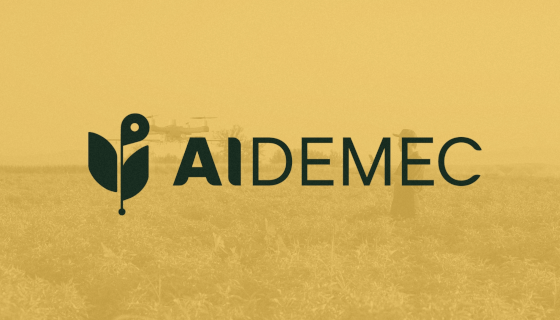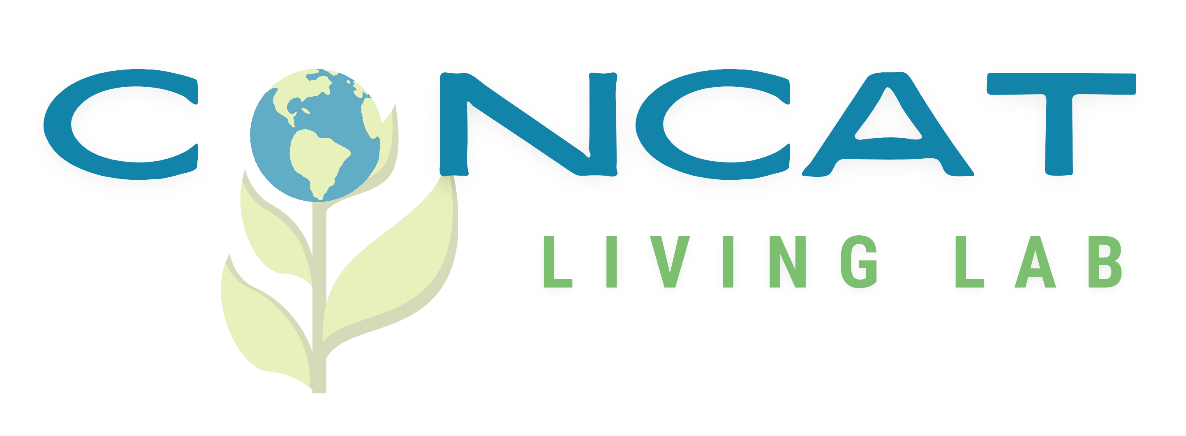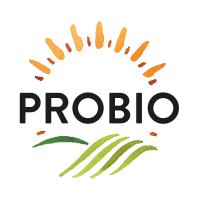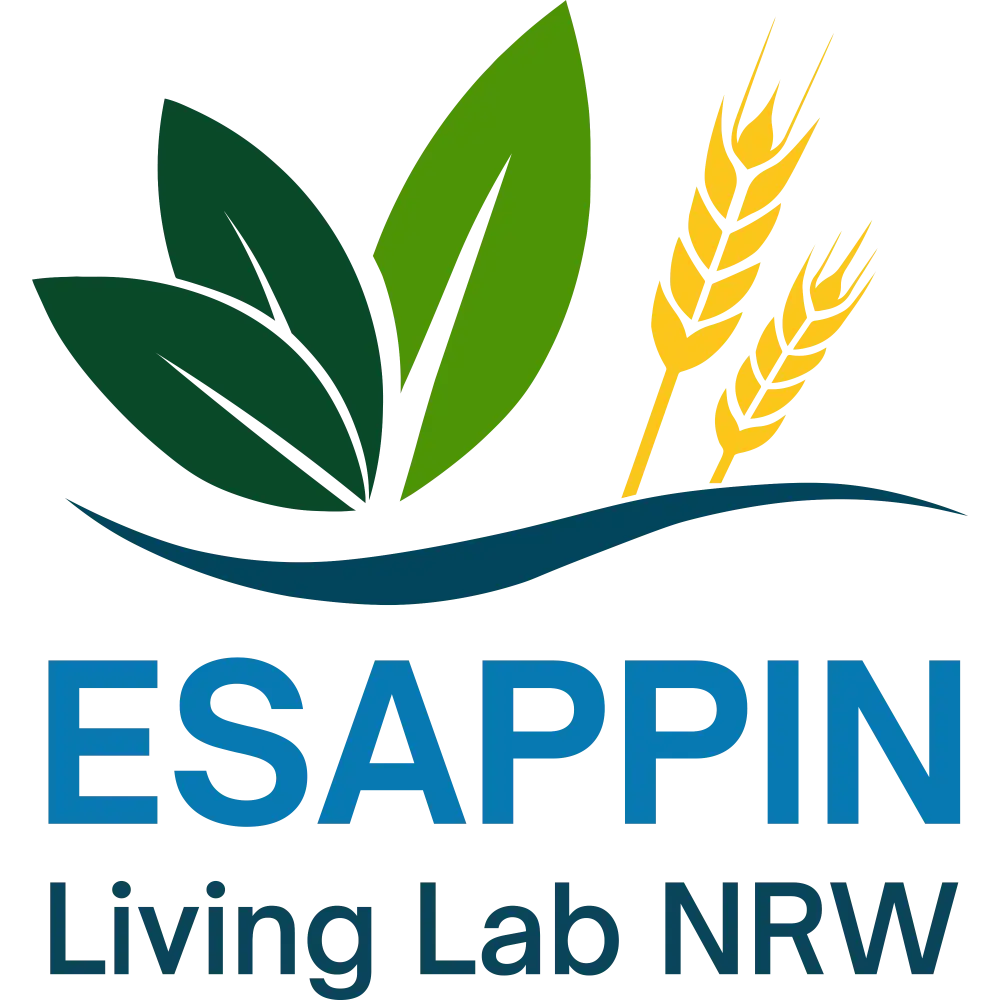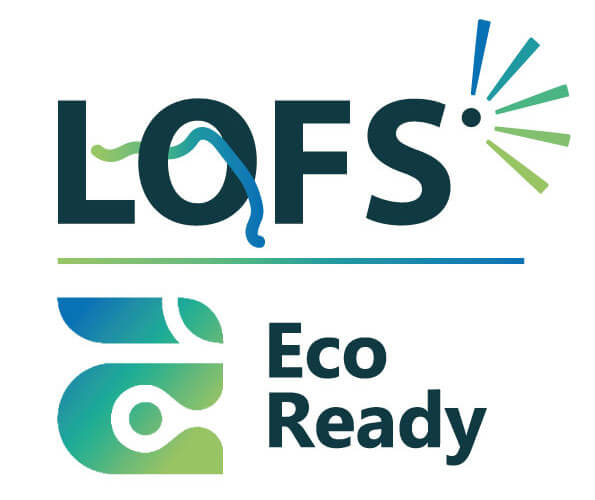Partner labs
ECO-READY Living Labs operate as open innovation sites for experimentation and cooperation among the participating stakeholders and between the Living Labs participants and our project consortium, in finding solutions to context- and region-specific challenges and promoting rural development. Digital innovation connecting the Living Labs with the Observatory e-platform facilitates cooperation among actors in Living Labs and fosters the implementation of food system resilience approaches.
AIDEMEC Living Lab
AIDEMEC uses agronomic, phenotyping and AI solutions for early abiotic and biotic stress detection. The consortium is in the Mediterranean region and will focus on tomato, wheat, barley, Olives and beans. AIDEMEC sites are in 5 different sites covering diverse soil and weather conditions.
These solutions will then be transferred to farmers, engaging them and end-users to take corrective measures to protect crops and avoid yield loss in changing climate conditions.
CONCAT Living Lab
Collaborative monitoring and climate adaptation: Living Lab for enhancing the resilience of agriculture in Catalonia. The Living Lab has been established in Catalonia to accelerate R&D in climate change mitigation, tackling immediate challenges faced by local producers and other stakeholders, as well as mid-term and long-term challenges related to food security and the overall resilience of the Catalan food systems. It aims at establishingthe experimental setup for selected five products (Apples, Olives, Wheat, Poultry and Fish) and select appropriate scenarios for testing in collaboration with ECO-READY expert partners.
EcoReadyMasuria Living Lab
The EcoReadyMasuria Living Lab is an open innovation initiative implemented to promote climate change adaptation solutions (agro-ecological practices and technologies) in Masuria, a region of Poland known as the "Land of a Thousand Lakes", characterised by exceptional natural landscapes, rich biodiversity, and deep-rooted agricultural traditions.
EcoVita Living Lab
The project will provide a practice-oriented characterization of the local food system in the CEE bioclimatic zone. 5 scenarios will be tested at Csillagvaros vertical farm by modelling the supply chain of 6 selected products to respond to the Eco-Ready challenges. The whole process will involve a multisectoral, highly skilled core-team, composed of producers, consumers, and researchers.. Living Lab methodology will be adapted in action-research that involves real-world experimentation & co-creation with stakeholders.
ESAPPIN Living Lab
The ESAPPIN Living Lab (LL) addresses food security in the German state of North Rhine Westphalia (NRW), bringing together actors from the academic, industrial, agricultural, and political spheres, with a key focus on processed food products. As the most populous German state, NRW presents an excellent location for a LL due to its the wide range of agricultural activities and production of regionally relevant products. 5 key product groups (Barley, Oats, Strawberries/Raspberries, Rapeseed, and Mushrooms) will be investigated using a mixture of field analysis (using weather, soil, topography, and Earth observation data), and direct analysis of produced crops.
LivOrganic Living Lab
The Danish living lab LivOrganic operates in the interface between environmental science and socio-economics with the scope of balancing climate and biodiversity challenges and opportunities with demand and supply. This calls for a multi-dimensional data gathering strategy to collect quantitative and qualitative data through participatory methods, experiments and desk research. We therefor hope to contribute with multi-dimensional data gathered from political and industry actors to enrich the digital observatory, thus LivOrganic entails lead-partner from Department of Foodstudies and Agroindustrial Development (IFAU), Aarhus University (AU), Organic Denmark (ØL) and MAA.C.
LOFS Living Lab
By studying standard scenarios, this project aims to understand and quantify, at the scale of the sector and a specific territory, the challenges and impacts of future climate change for the plant sectors in the Loire Valley (Centre regions Loire Valley and Pays de la Loire). Through 5 workshops and meetings, it aims to identify the factors that can affect territorial food security and produce recommendations for policies and their influence, putting farmers and producers at the heart of the dynamics and strategic thinking.
Probio Living Lab
The Living Lab PROBIO is an innovative initiative aimed at addressing the complex challenges of sustainable agriculture, climate resilience, and biodiversity enhancement in Velké Hostěrádky, a region in South Moravia, Czech Republic. This region is known for its fertile soils, which make it one of the most productive agricultural areas in the country.
SECO Collab Scandinavian Living Lab
SECO Collab is built around a vertical farm by Swegreen at Fotografiska Museum. We aim for enhancing the resilient and developing sustainable food ecosystem in Scandinavia and Europe by delivering sustainable, climate-resilient food solutions and a model of reproductive collaboration around local and hyper-local food production, particularly in the urban context.
THALLA Living Lab
Thriving Agroecology Living Lab (THALLA) project aims to co-create, explore, develop and examine in real-settings scenarios dealing with food security, biodiversity and climate change challenges applied on five key selected product types (Honey, tomato, wheat, olives, fish & aquaculture) in central Greece, leading to contingency planning that integrates economic, social, and environmental aspects as well as policy recommendations at regional, country and EU level, in order to strengthen food systems’ resilience.


